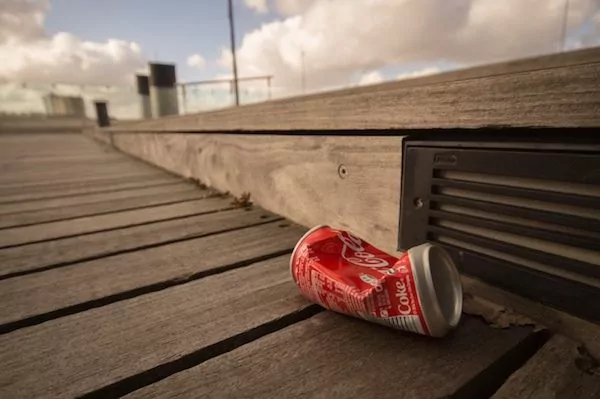A Brief Guide to Illinois Litter Laws

Litter causes neighborhoods to appear rundown and dirty. In areas of significant amounts of litter, it can also drop property values or even spread disease.
In Chicago, litter has become a serious problem. The city spends millions on cleaning up litter each year. This brief guide covers Illinois litter laws and penalties. Keep reading to learn the facts.
Cigarette Butts Are Considered Litter
As of January 1, 2020, the cigarette litter law in Illinois went into effect. The law includes cigarette butts as litter. Not only are cigarette butts unsightly, but they have clogged city storm drains and pipes.
Governor Pat Quinn signed the measure into law and attached strict cigarette butt littering penalties. A first-time offender could face a fine of up to $1,500 and a class B misdemeanor. Repeat offenders could pay as much as $25,000 and go to prison for one to three years.
These penalties may seem stiff to outsiders, but the Illinois law on litter is strict because Illinoisans are sick and tired of unsightly trash.
Illegal Dumping Is a Problem
Trash flying out of the back of truck beds and old appliances cast out on the side of roadways are two common examples of illegal dumping in Illinois. The Illinois law on litter prohibits the open dumping of waste and gives leeway to how law enforcement can charge community members.
Illegal dumping can be categorized as a Class A misdemeanor or a Class 4 felony depending on the seriousness of the case. Anyone who dumps trash, garbage, rubbish, or refuse on someone else’s property is in violation of Illinois’ illegal dumping law and could be charged.
Read more on Illinois’ illegal dumping laws in this article.
Construction Sites Are Liter Bugs
Litter laws in Illinois do their best to protect the public from the problem. A habitual offender of litter laws is construction and demolition sites around the state.
A lot of trash is generated at a construction site, from vehicles hauling waste to trash that workers drop and lots of wasted materials.
Vehicles hauling waste often litter trash from the vehicles onto roadways. Excavation waste can have a considerable impact on properties surrounding construction sites. Under Illinois state littler laws, construction workers must work to keep sites clean and free from litter.
Dumpsters and Trash Cans
Dumpsters and trash cans are required to have tight fittings lids. Lids prevent the trash from blowing in the wind or being scattered by animals. Illinois residents can request additional lids or trash cans for city garbage cans by dialing 311.
The company must replace private dumpsters that are missing lids. If residents see a garbage can overflowing with trash, they can dial 311 and report it. Doing so helps cut down on the amount of little that ends up on our streets.
Illinois Litter Laws Are Strict
The Illinois litter laws are strict because the state has a difficult time controlling litter. It’s become a huge problem in recent years, and fines are imposed to help find a solution.
If you enjoyed this article, be sure to check out our latest lifestyle articles to learn about other interesting topics in our world.

